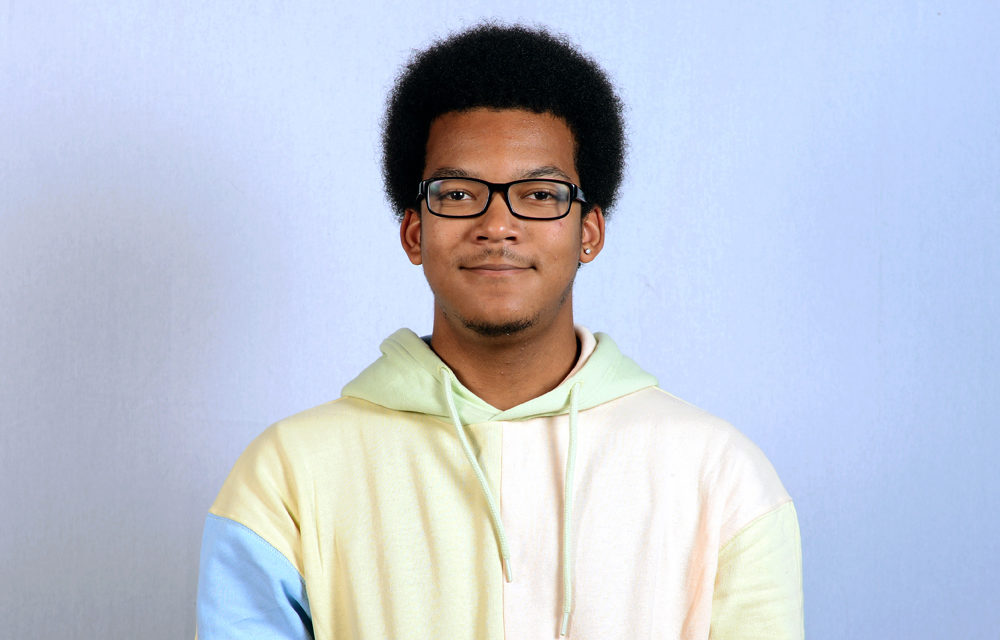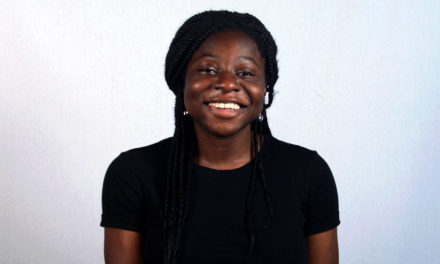Jalen Rose | Staff Writer
For years, African Americans have struggled with finding sufficient representation in the media. We’ve spent so long fighting that whenever we do have a moment where a TV show or film has a primarily black cast, we celebrate. We tend to become so captivated by our sense of representation that we don’t realize how poorly represented black people still are.
When I say this, I don’t mean all black people. Black people of a lighter shade rarely find trouble being casted in major roles of films and TV shows. However, dark-skinned actors, especially women, have much more difficulty when it comes to being cast in similar roles.
Hollywood’s preference over light-skinned people isn’t new. It can be tracked over the years by simply observing the people who have been cast in black romance movies and TV shows. Once you start to look for it, colorism is a very easy thing to find.
One famous instance of colorism can be observed through the TV show, “The Fresh Prince of Bel-Air.” The character Aunt Viv was originally portrayed by Janet Hubert, a dark-skinned woman, and was later replaced by Daphne Maxwell Reid, a light-skinned woman. The reasoning for Hubert’s departure isn’t reflective of the mistreatment many dark-skinned women face, but the choice in who they replaced her with is.
At the time, it was already difficult enough for darker women to find roles in the media. Replacing the actress for a role originally portrayed by a dark-skinned woman with a lighter woman is problematic. Odds are, Daphne Maxwell Reid would have been more likely to find another job on TV as opposed to a darker woman who could have become the new Aunt Viv.
TV isn’t the only outlet where colorism can be observed. Classic black rom-coms such as “Jumping the Broom,” “Love and Basketball,” “Guess Who” and “Just Wright” all have light-skinned women playing the female lead and two of them are paired with darker men. Not only does this inaccurately represent an entire demographic of women, but it creates a damaging disparity between actresses that affects the livelihood of women with darker skin.
Light-skinned African Americans should recognize the privilege that comes with their complexion and actively work against colorism. Whether it be in media outlets such as TV and film, the work place, or any public/private environments, it should be expected to speak out against the discrimination.
Colorism can even be observed on college campuses. It has been discovered that even classroom dynamics are affected by colorism and tend to lead to a person with darker skin performing worse than a person with lighter skin.
One example of someone who uses their light-skin privilege to combat the effects of colorism is actress and singer Zendaya. Zendaya actively speaks out against the discrimnation many darker-skinned women have to face that she herself has never faced. She believes in creating a bigger space for darker women in the media whilst making sure she denies any opportunities that are favored for her.
Recently, our media has slowly been able to improve in the casting of darker-skinned women. “Black Panther” is an example of a film with a comfortable representation of dark-skinned women. The TV show, “Insecure,” tends to accurately represent a dark-skinned woman’s (Issa Rae) experience in America while showcasing other dark-skinned actors and actresses.
Although we are improving, there’s still a long way to go.





